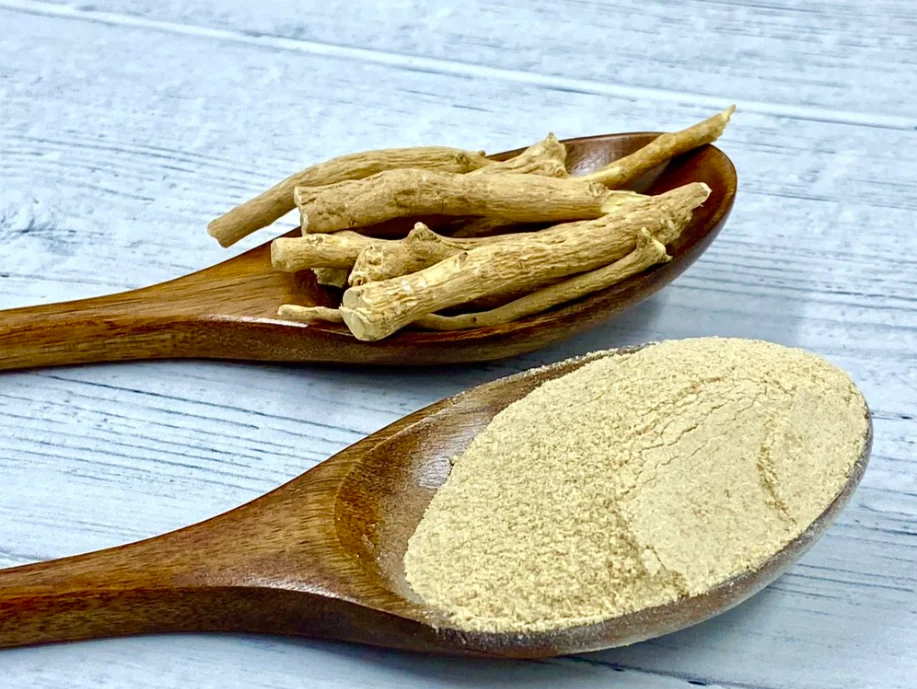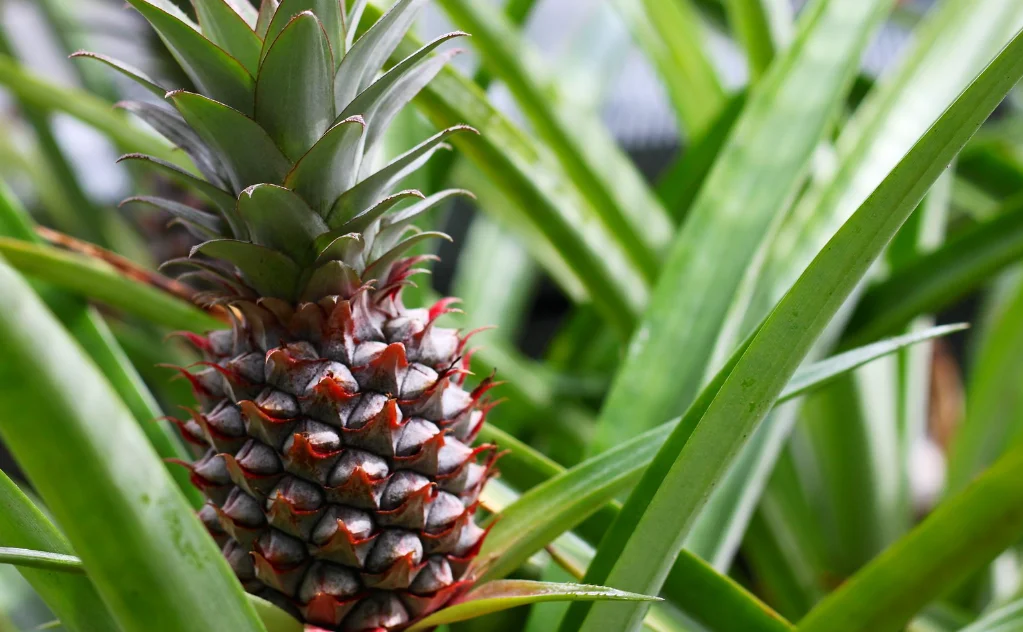
Constipation, an unwelcome visitor in our daily lives, often disrupts our rhythm and leaves us feeling uncomfortable. However, its impact can be mitigated significantly with the right dietary choices, primarily focusing on fiber-rich foods. Fiber, the unsung hero of digestive health, plays a pivotal role in maintaining regularity and combating constipation.
Fiber Advantage
Understanding the dynamics of fiber is essential. It comes in 2 forms: insoluble and soluble. Soluble fiber dissolves easily in water, forming a substance that helps soften stools. Insoluble fiber, on the other hand, adds bulk to stool, aiding its movement through the digestive tract. Both types of fiber are crucial for a healthy digestive system.
The Bounty of Fiber-Rich Foods
- Fruits Galore: Revel in the sweetness of raspberries, apples, oranges, and pears. Their skin holds insoluble fiber while their pulp contains soluble fiber, offering a perfect blend to maintain digestive balance.
- Veggie Rainbow: Dive into a vibrant array of veggies such as broccoli, carrots, spinach, and kale. Loaded with fiber, vitamins, and minerals, they’re essential for optimal gut health.
- Whole Grains’ Delight: Opt for whole grains like oats, quinoa, brown rice, and whole wheat bread. These grains pack a punch with fiber and other vital nutrients for efficient digestion.
- Legumes Power: Beans, lentils, chickpeas, and peas are fiber-rich champions. Versatile and easy to include in soups, salads, or stews, they amplify your fiber intake.
- Nutty Goodness: Almonds, chia seeds, flaxseeds, and pumpkin seeds are stellar sources of fiber. Sprinkle them onto yogurt or salads for an added crunch and health boost.
A Detailed Plan
Let’s map out a practical chart to integrate fiber-rich meals seamlessly into your routine:
Breakfast:
- Option 1: Whole grain oatmeal topped with berries and a sprinkle of chia seeds.
- Option 2: Whole grain toast with mashed avocado and a side of sliced apples.
Lunch:
- Option 1: Vibrant salad with mixed greens, carrots, chickpeas, and a zesty vinaigrette dressing.
- Option 2: Quinoa and vegetable stir-fry with tofu or lean protein.
Snacks:
- Option 1: Greek yogurt with a handful of almonds and a drizzle of honey.
- Option 2: Sliced bell peppers with hummus.
Dinner:
- Option 1: Grilled salmon with roasted sweet potatoes and steamed broccoli.
- Option 2: Whole wheat pasta with marinara sauce brimming with sautéed vegetables.
Lifestyle Tips for Digestive Harmony
- Hydration Matters: Ensure you drink plenty of water throughout the day to aid digestion and soften stools.
- Move it, Move it: Regular exercise stimulates bowel movements and promotes digestive health.
- Mindful Eating: Chew food slowly and thoroughly to ease the digestive process.
Final Words
Constipation need not become a recurring part of your life. By integrating a diverse range of fiber-rich foods into your daily meals and adopting a holistic approach to wellness, you empower your digestive system to operate optimally. Remember, it’s the small changes that yield substantial benefits in your quest for digestive harmony. Here’s to a happier, more comfortable you!
FAQs
What are the benefits of consuming high-fiber foods?
Q: What are the benefits of consuming high-fiber foods? A: High-fiber foods promote digestive health by preventing constipation and supporting regular bowel movements. They can also aid in weight management, help control blood sugar levels, and lower the risk of certain diseases like heart disease and colon cancer.
How much fiber I aim to consume daily?
The recommended intake daily of fiber varies by gender and age. On average, adults should aim for about 25-30 grams of fiber per day. However, individual needs may differ based on factors like activity level and overall health.
Can I get enough fiber from supplements alone?
While fiber supplements can be helpful, it’s best to obtain fiber from whole foods as they offer a range of nutrients and benefits beyond just fiber. Supplements should complement a fiber-rich diet rather than replace it entirely.



